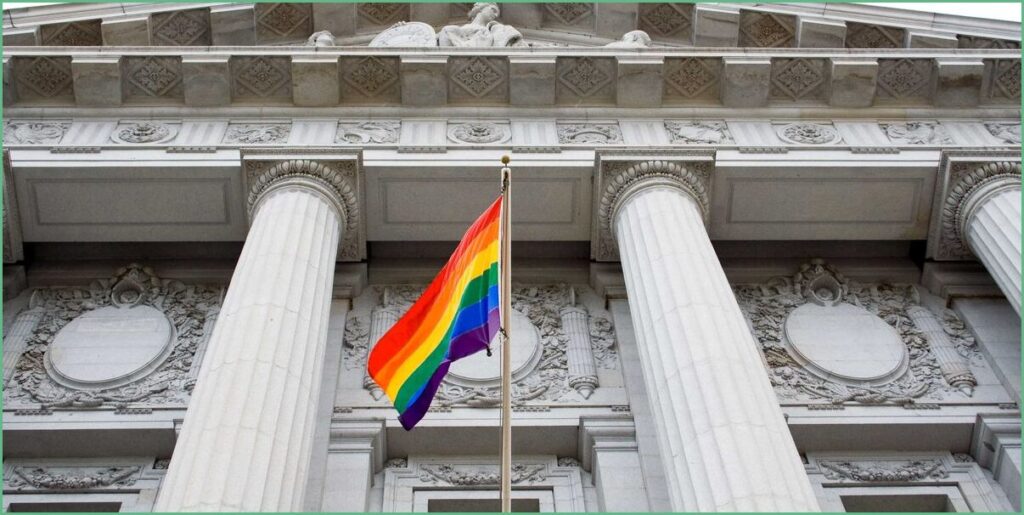Chiles v. Salazar and the Fight Over Counseling Freedom
The Supreme Court heard arguments this week in Chiles v. Salazar, a case that could redraw the lines on what therapists are allowed to say. At stake is whether states may outlaw therapies they label “conversion therapy” and effectively police a counselor’s viewpoints.
The Ruth Institute calls them what they are: “Must Stay Gay” laws. That label captures the essence: laws that allow certain messages but forbid others.
The fight for counseling freedom isn’t about forcing anyone to change. It’s about defending every person’s right to seek help aligned with their own beliefs and goals.
Those bans silence counselors and can hurt families, especially young people dealing with trauma, anxiety, or confusion about their sexuality or gender. The legal question is straightforward: may a state tell a licensed therapist which perspectives are off limits?
The case turns on viewpoint discrimination. Colorado’s rule permits therapists to affirm a child’s same-sex attraction or gender confusion while forbidding help aimed at resisting or changing those feelings, and that distinction matters.
Justice Alito put the problem in stark human terms with a simple example: one teen asks a licensed counselor for support in embracing same-sex attraction and the law allows it; another teen asks for help feeling less attracted to the same sex and the law bans it. That split treats similar requests differently based solely on viewpoint. It makes the government referee a moral and personal debate instead of protecting free speech.
When Colorado’s lawyer tried to defend the ban, she stumbled over the concept of medical consensus. The court was reminded of past occasions when prevailing scientific opinion led to grave injustice, most famously in Buck v. Bell, where the phrase “Three generations of imbeciles are enough.” captured a dangerous moment in legal history.
Alliance Defending Freedom attorney James Campbell drove the point home with this reminder:
The state of Colorado allows a 12-year-old girl to seek counseling to affirm her so-called gender identity as a boy without parental consent — but forbids her, even with her parents, from seeking help to accept herself as female.
That contrast looks like viewpoint censorship, plain and simple. Several justices appeared prepared to treat it that way.
Colorado argued that people do not change their sexual attractions and that the science supports banning counseling that aims at change. But many testimonies and studies point to cases where people experienced real shifts after therapy, and those accounts complicate any claim of absolute immutability.
The state’s lawyer also insisted that theories linking abuse or family dynamics to sexual identity had been “debunked.” That claim glosses over a messy literature that often fails to distinguish minors from adults or licensed clinicians from harmful practices.
That is ideology speaking as science, and the court noticed. Assertions without careful, contextual evidence do not answer the constitutional problem of viewpoint-based limits on speech.
The attorney further leaned on the idea that sexual orientation is wholly innate, offering assumption rather than proof. Twin and genetic research do not settle the matter, and the existence of people who left LGBT identities behind complicates simple narratives.
The justices signaled they understood the stakes: this law picks winners and losers in a contentious cultural debate. Observers on both sides will now wait for the ruling that decides whether the government can, in effect, muzzle therapists and deny families a range of lawful counseling options.
